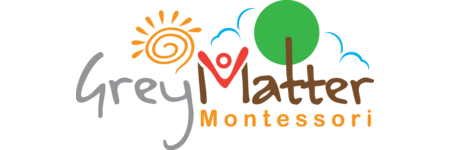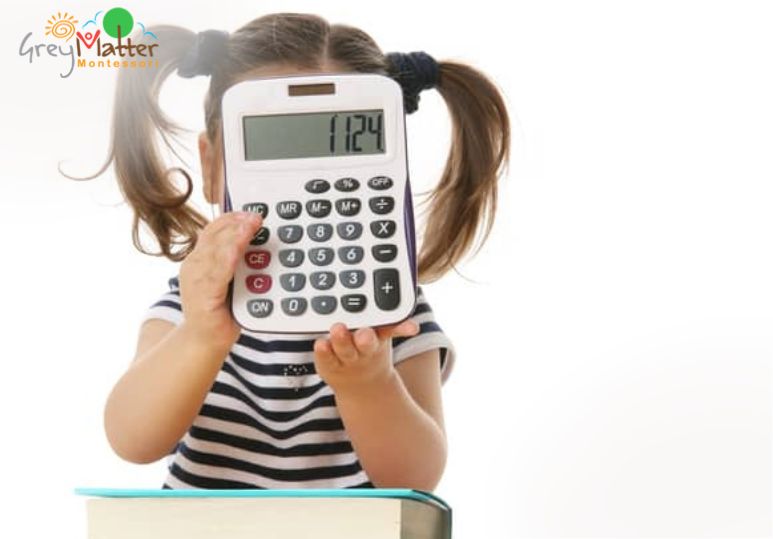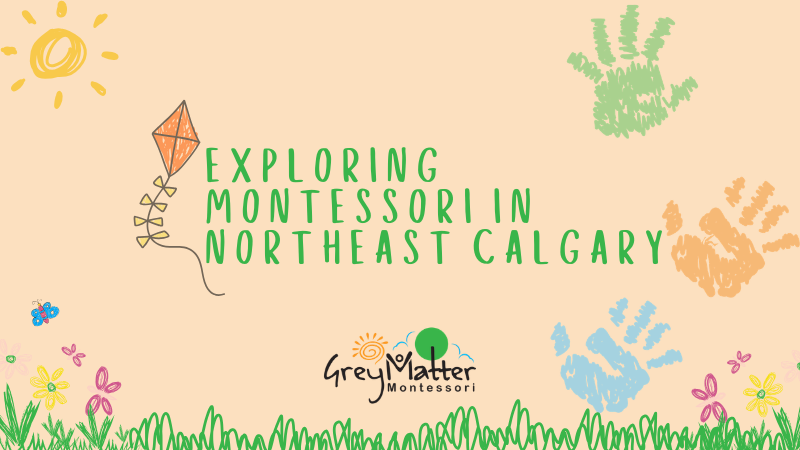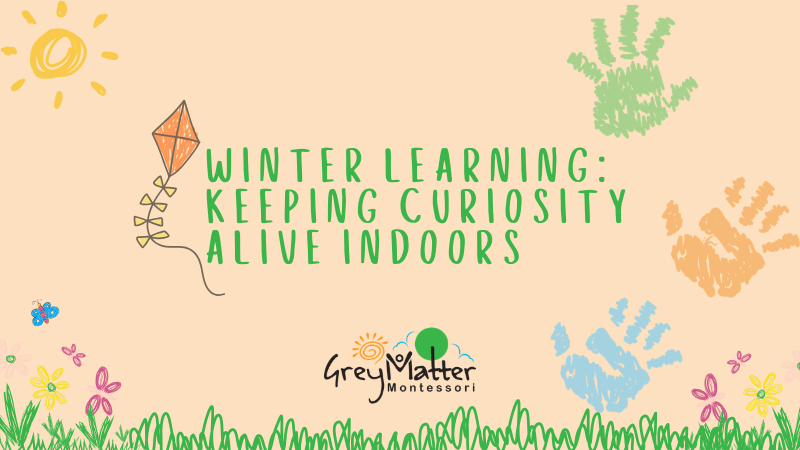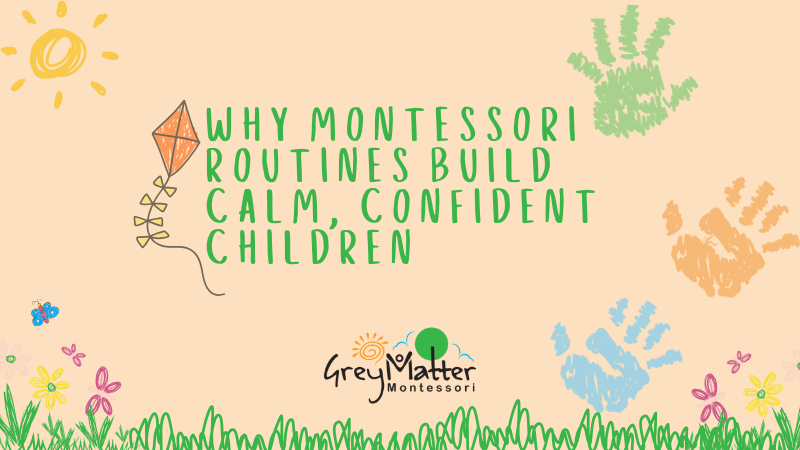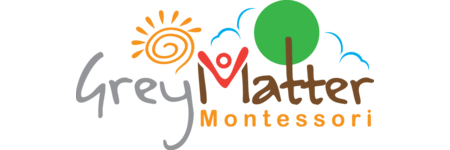Preschool Math The Montessori Way
Dr. Maria Montessori believed that children crave order and precision and that children’s minds are intrinsically mathematical. This makes sense. The symbols and organization of math surround us every day, no matter our age, lifestyle, occupation, and mother tongue. In fact, many people say math is a universal language that ties us all together. Think about this: when your child says, “I have three new friends at school”, that is math. When you ask your child to get an apple for each of their siblings, that is math. When your child requests half of your cookie, that is math. Math is everywhere.
A Montessori preschool program uses hands-on methods and accessible, carefully organized learning materials to encourage children to explore the foundational concepts of math and progress at their own pace. Montessori math learning materials are designed based on the decimal system and meant to provide a sensory experience. Dr. Montessori demonstrated that when a child is provided with stimulating materials during the stage when this is enjoyable for them, they can more effectively assimilate the concepts of arithmetic. She believed that when a child manipulates objects with their hands, stronger connections between the concrete and abstract concepts of math can be formed.
Here are some examples of the intentional materials that incorporate math concepts and sensorial learning into a Montessori preschool program:
Sandpaper Numbers: These cards have numbers printed on fine grit sandpaper. Children can see and feel the numbers, trace them with their fingers, and begin to identify the shape and symbol of numbers 0-9. (This learning material design is also applied to letters of the alphabet).
Number Tracing Board: This wooden board has the numbers 0-9 etched into smooth grooves on its surface. The child will trace the numbers with their fingers or with a dowel using a correct pencil grip.
Number Puzzles: These wooden puzzles encourage a tactile manipulation of the numbers 0-9 as the child places each number in the correct cutout on a wooden board. In addition to introducing the symbols and shapes, the child can practice hand-eye coordination.
Number Rods: Montessori math rods are painted blue and red and increase in length by increments of 10 cm. As they work with the rods, children begin to understand that the length corresponds to a greater number of units. Units can be combined to create quantities. This activity introduces counting to 10.
Numbers And Counters: This preschool Montessori math material consists of small wooden counters and numbers. By engaging with this learning material, children are introduced to quantities and their written representations (numbers), sequence, and the concept of even and odd.
Preschool Math In A Montessori Classroom
Montessori Math materials are meant to encourage exploration and introduce mathematical concepts through tactile and sensory experiences. In a Montessori preschool classroom, achievement in math is not measured with testing or grades, but instead, progress is child-led and supported by the Montessori teachers. The Montessori way of teaching math is unique and empowering for children.
If you are interested in exploring the benefits of the preschool classroom in a Montessori school and the advantages of a Grey Matter Montessori education for your preschool-aged or kindergarten-aged child, contact us to book a time for a school tour at our NW Calgary location. We are accessible just off of Symons Valley Parkway in the NW community of Evanston. Call us for more info on our Calgary Montessori preschool programming at 587-707-4739.
FAQ
Q: Why are many Montessori math materials made of wood?
A: You may notice that Montessori learning materials are often made of wood and other natural materials such as paper, wool, metal, and cotton. Dr. Maria Montessori believed that natural materials give enhanced learning opportunities for children with the sensory experiences they provide. These natural materials can be soft or hard, dense or flexible, heavy or light, and warm or cool to the touch.
Q: Is there a checklist of things my child must know before attending preschool?
A: At Grey Matter Montessori in Calgary, we value the differences that make each child unique. If your child is aged 3-6 they may be ready to begin to explore learning and we are ready to facilitate it. Learn more about exploring your child’s readiness for preschool here.
Q: When do you accept registration?
A: Grey Matter Montessori has ongoing registration and even offers advanced registrations (up to two years). Contact our office for more information on the upcoming school year and register as early as possible to ensure availability for your desired days and times.
